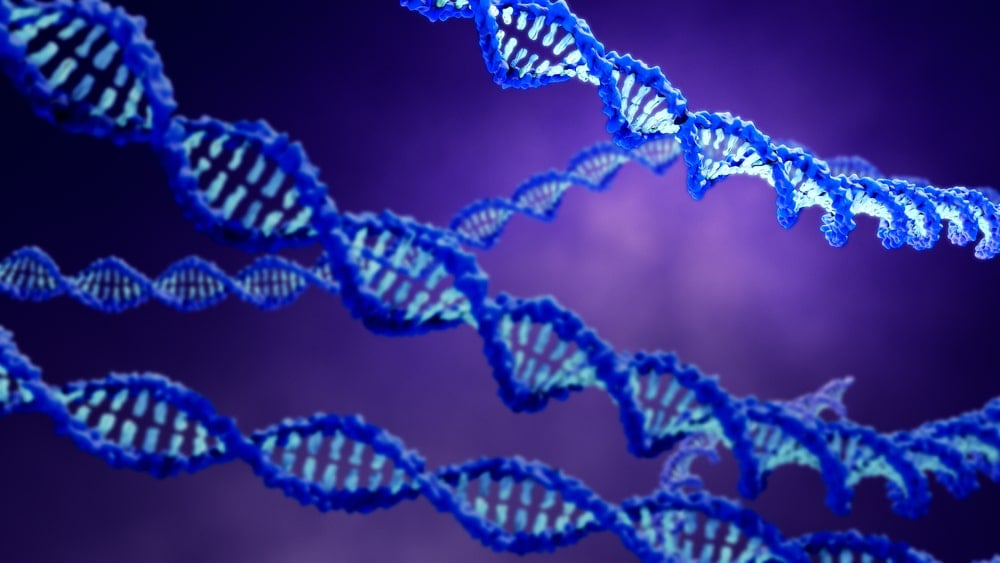A new paper from the University of Helsinki, published in Nature Communications, suggests a method for accurately analyzing genomics data in archival cancer biopsies.
The tool uses machine learning methods to correct damaged DNA and unveil the true mutation processes in tumor samples. This helps to unlock medicine values in millions of archival cancer samples.
Molecular-based diagnosis helps match the right patient with the right cancer treatment. Researchers said they were interested in DNA profiling in clinical cancer samples.
“This invaluable source is currently not being used for molecular diagnosis due to the poor DNA quality. Formalin causes severe damage to DNAs, which therefore place an inevitable challenge to analyze cancer genomes in preserved tissues,” said lead author Qingli Guo from the University of Helsinki.
Analyzing mutation processes in cancer genomes can help early cancer detection, to accurately diagnose cancer, and reveal why some cancers become resistant to treatment. The new method, the researchers said, can dramatically accelerate the development of clinical applications that can directly impact future cancer patient care.
The new method predicted more than 90% of developing cancer processes.
Qingli Guo worked in close collaboration with scientists from The Institute of Cancer Research (ICR), London, and Queen Mary University of London, and developed machine learning methods, named FFPEsig, to unravel exactly how formalin mutates DNA.
“Our results show that normally nearly half of the cancer processes will be missed without noise correction. However, using FFPEsig, more than 90% of them were accurately predicted,” Qingli said.
Cancer evolves gradually. Profiling mutational processes in longitudinal samples helps to identify clinical informative predictors and make diagnosis of each tumor stage.
“Our finding enables the characterization of clinically relevant signatures from the preserved tumours biopsies stored at room temperatures for decades. With a deep understanding of how formalin impacts cancer genome, our study opens a huge opportunity to transform the developed signature detection assays using the large cost-effective archival samples.”
The researchers pointed out the method currently does not completely remove artifacts that appeared in FFPE samples showing batch effects, and how well the tool performs varies by cancer type, so care must be taken to interpret any findings.
The research was funded by Cancer Research UK, the University of Helsinki, and in part by Academy of Finland. This project is co-led by senior authors Prof. Ville Mustonen (University of Helsinki) and Prof. Trevor Graham (the ICR).





